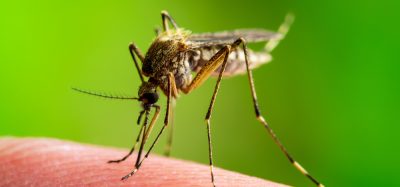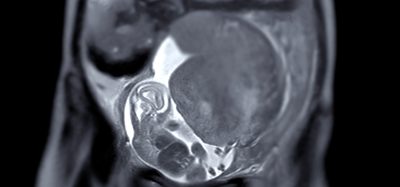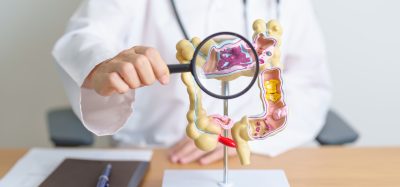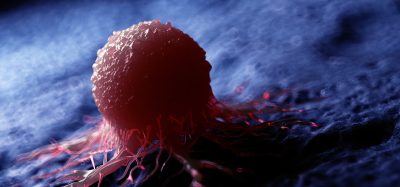Inhibiting growth factor signalling prevents SARS-CoV-2 replication, report researchers
Posted: 26 August 2020 | Hannah Balfour (Drug Target Review) | No comments yet
Scientists have patented their technique of inhibiting cellular growth factor signalling to stop SARS-CoV-2 replication and treat COVID-19.
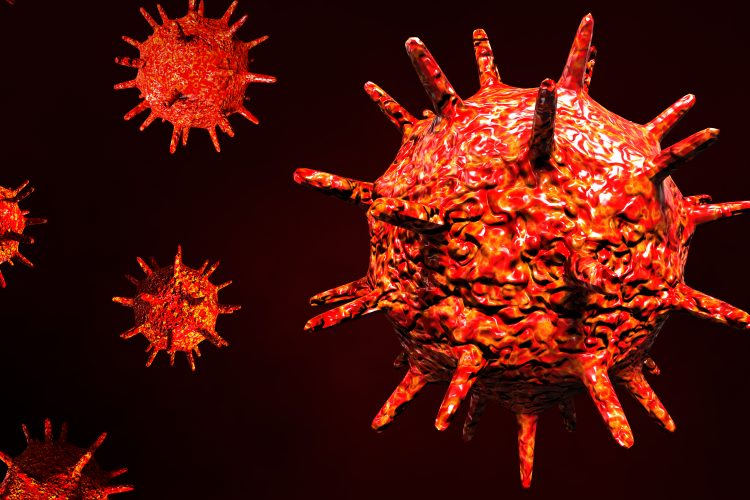

Researchers have revealed that SARS-CoV-2 requires growth factor receptor cell signalling pathways to replicate and have patented their method of interrupting these pathways to treat COVID-19.
Transmission of signals within cells can stimulate cell growth or trigger various metabolic processes. Prior studies have identified that the activity of proteins involved in these signalling cascades is often controlled by the attachment or removal of phosphate groups. In this system, the addition or removal of a phosphate group on a protein triggers the propagation of a signal. These signals typically target the cell nucleus and result in the expression or silencing of specified genes.
In a new study, biochemists and virologists from Goethe University, Germany, have documented how these communication pathways are impacted when cells are infected with SARS-CoV-2. To document the signals, they analysed all proteins carrying a phosphate group at a given moment in time – what is known as the phosphoproteome.
They found that SARS-CoV-2 infection activated growth factor receptor signalling (and its downstream signalling cascades). They also demonstrated, using a drug-protein network analysis, that inhibition of growth factor receptor downstream signalling using five approved drug compounds prevented SARS-CoV-2 replication in cells. This was assessed by cytopathic effect, viral dsRNA production and viral RNA release into the supernatant.
Dr Christian Münch from the Institute of Biochemistry II at Goethe University, explained: “The signalling pathways of the growth factors can be blocked precisely at the point where the signal from outside the cell docks onto a signal receiver – a growth factor receptor. There are, however, a number of very effective cancer drugs that interrupt growth factor signalling pathways slightly further down the cascade, through which the signals of different growth factor receptors are blocked. We have tested five of these substances on our cells, and all five led to a complete stop of SARS-CoV-2 replication.”
Professor Jindrich Cinatl from the Institute of Medical Virology at the University Hospital Frankfurt, Germany, said: “We conducted our experiments on cultivated cells in the laboratory. This means that the results cannot be transferred to humans without further tests. However, from trials with other infectious viruses we know that viruses often alter signalling pathways in their human host cells and that this is important for virus replication. At the same time, already approved drugs have a gigantic lead in terms of development so that it would be possible – on the basis of our results and just a few more experiments – to start clinical studies very quickly.”
The researchers have patented their method of interrupting signalling pathways by means of specific inhibitors in order to treat COVID-19 via INNOVECTIS. INNOVECTIS is a subsidiary of Goethe University and has operated since 2002 as a service provider in the transfer of academic knowledge into business practice.
The study was published in Molecular Cell.
Related topics
Cell-based assays, Disease Research, Drug Leads, Drug Repurposing, Drug Targets, Imaging, In Vitro, Protein, Proteomics
Related conditions
Coronavirus, Covid-19
Related organisations
Goethe University, University Hospital Frankfurt
Related people
Dr Christian Münch, Professor Jindrich Cinatl




